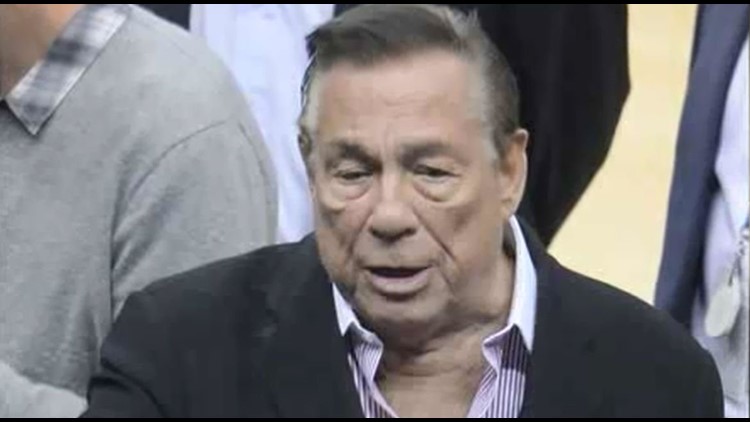By Mariano Castillo
(CNN) — Los Angeles Clippers owner Donald Sterling is banned from the NBA for life.
Sterling has confirmed it is his voice expressing racist views on audio of a private conversation that was leaked to the media. Some who have followed Sterling over the years say he had shown this side before and the leaked audio led to public outcry too loud for the NBA commissioner to ignore.
But what of the recording itself? Was it legal to record? To leak?
Here’s a look at some of the legal aspects of the recorded conversation between Sterling and his alleged mistress, V. Stiviano, who said she recorded the conversation.
Was it legal to record the conversation?
It depends what state you are in during the conversation. Most states require that only one person have knowledge that a conversation is being recorded for it to be legal.
But some states, like California, are “two-party consent” states where all of those involved in the conversation have to know they are being recorded for it to be legal. So depending on the location of the recording, if Sterling didn’t know he was being recorded, the audio might very well have been obtained illegally.
Stiviano’s lawyer, however, told the Los Angeles Times that Sterling knew he was being recorded.
The lawyer, Mac Nehoray, declined to tell the Times why Stiviano recorded the conversation, but said it was “by mutual agreement,” he told the Times.
Was it legal to leak the audio?
Though some may question the ethics of the act, if the audio was legally obtained, no laws were violated by leaking it to a reporter.
The reporters who received the audio and disseminated its contents to the public also did nothing illegal, said Joel Kurtzberg, a New York attorney with expertise in First Amendment and media law.
Stiviano’s lawyer has said that Stiviano was not the one who released the audio to the media.
Was this a First Amendment violation?
Have Sterling’s First Amendment rights been violated? No, Kurtzberg said.
No one is questioning that Sterling has the right to speak as he pleases, but the public and the NBA are also free to condemn what he says, Kurtzberg said.
Marc J. Randazza, a Las Vegas-based First Amendment attorney, wrote in an op-ed for CNN that the NBA is private club and can punish Sterling as it sees fit.
But, Randazza wrote, it was morally wrong to leak the audio and violate Sterling’s privacy.
We all say things in private that we may not say in public, he said, but “we now live in a world where if you have any views that are unpopular, you now not only need to fear saying them in public, but you need to fear saying them at all — even to your intimate friends.”



